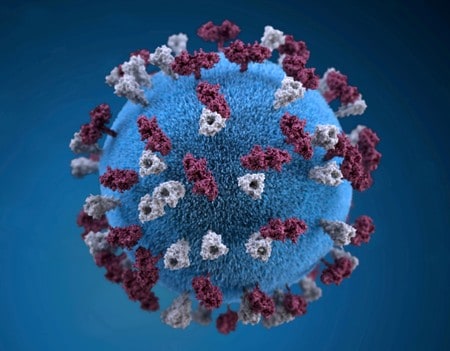By Djaffar Al Katanty
BUNIA, Congo (Reuters) – Insecurity in northeast Congo has hampered a measles vaccination drive and forced people to flee their homes, local responders said on Wednesday, complicating efforts to control the spread of a virus that has killed more people that Ebola this year.
At least 1,500 people have died from measles in Democratic Republic of Congo since the start of 2019, according to health authorities, compared with 1,390 felled by an Ebola epidemic in the east.
Ethnic violence between Lendu farmers and Hema livestock herders in the northeastern province of Ituri has forced thousands to seek sanctuary in refugee camps in the regional capital of Bunia. Overcrowding in camps increases the chance of catching measles.
“As they are massed in the camps, the rate of contamination is very high,” said Dr. John Katabuka, director of Bunia’s main hospital.
Those displaced say they are made more vulnerable by a lack of supplies and appropriate housing in the camps, where people waited in long lines to fill up cans with water.
“We need to be split up so that we’re not as concentrated as this. It must be done soon or things will get bad,” said Buuma Betseba, the head of a displaced persons camp in Bunia.
“We will be infected by more than one disease – there is measles and Ebola,” he said.
While health officials have focused efforts on fighting the second worst Ebola outbreak on record, about 87,000 suspected measles cases have been reported across the country so far this year, more than the 65,000 recorded in the whole of last year, according to the health ministry.
In Bunia, the head of the local health authority, Louis Tshulo, said insecurity had prevented vaccination of children against measles in certain areas last year.
“It is as a result of the poor vaccination coverage in 2018 that we fear that the immunity of children and particularly those less than 5 years old is weak,” he told Reuters.
Last week, the health ministry said its vaccination campaign would target a further 1.4 million infants, and that 2.2 million had been vaccinated in April.


